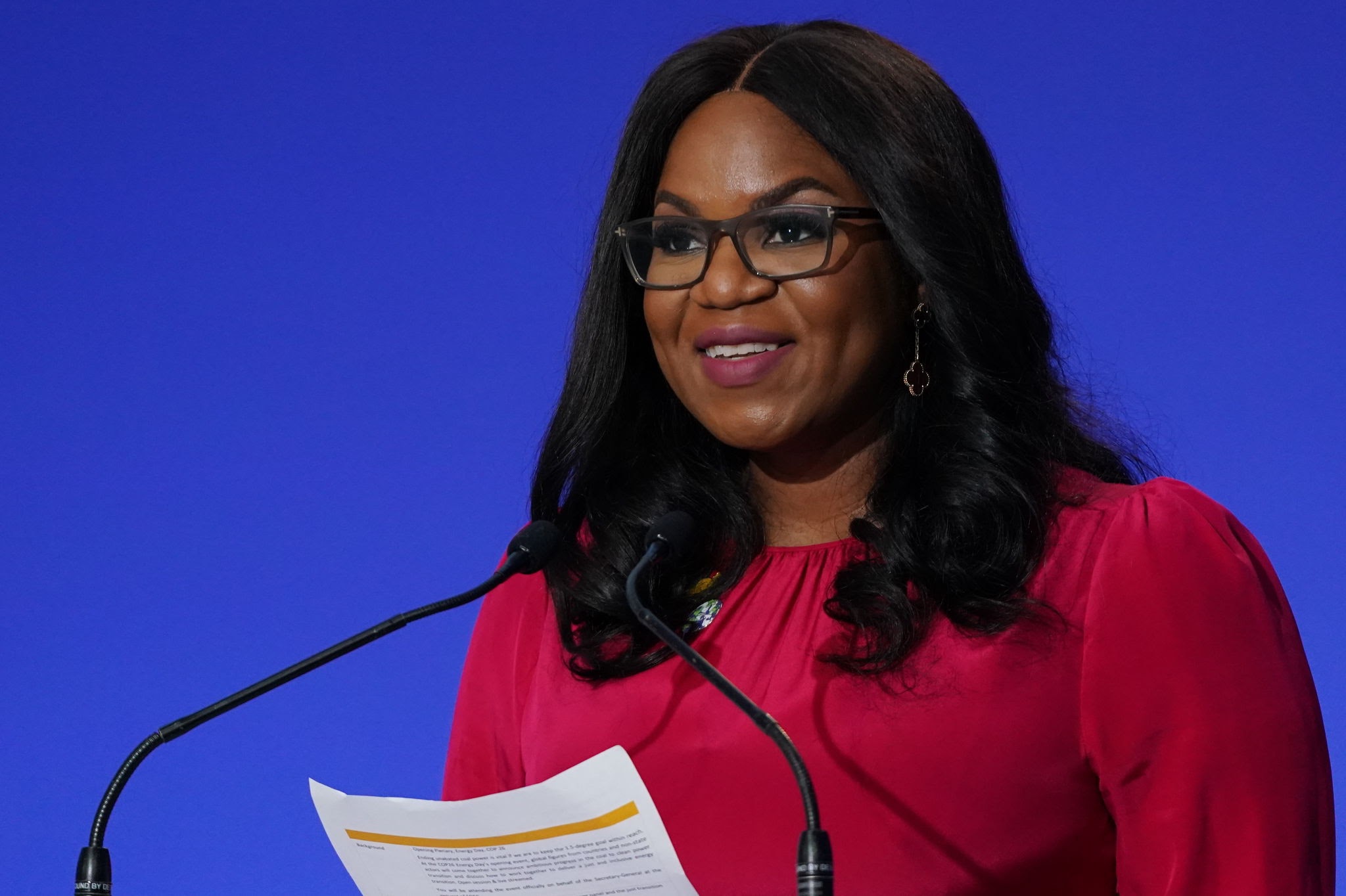Sustainable Energy for All (SEForAll) has said that the high cost of capital significantly diminishes the economic advantage of renewable energy solutions in developing countries, further limiting the pace and scale of their uptake.
SEForAll noted this in its knowledge brief released last week.
According to the brief, countries around the world, in particular developing countries that face a disproportionate amount of climate vulnerabilities, have demonstrated a deep commitment to advancing the uptake of renewable energy to meet their development goals.
However, evidence shows that uptake has been lagging in emerging markets and developing economies (EMDEs).
According to SEForAll, the slow pace of renewables deployment in emerging markets and developing economies (EMDEs) versus developed countries is mainly due to two core elements:
- Lack of access to capital
- High cost of capital in developing countries
A part of the brief stated:
- “The pace of growth of renewables generation has decreased in the Global South (-1pp. in annual growth rate between 2000-2020 versus 1990-2000) while it significantly increased in the Global North (+3pp.) and China/India (+7pp.) in the last 20 years. This is especially challenging as energy demand in developing countries continues to rise consistently year-on-year.”
According to SEForAll, the capital that is flowing into developing and emerging economies is not only limited in scale, but is also often prohibitively priced, with significantly higher interest rates prevailing in developing countries.
Also, in 2021, emerging markets and developing economies accounted for two-thirds of the world’s population but only one-third of total energy investment.
The brief points to the fact that the gap grows further with only 20% of global investment in clean energy technologies going to emerging and developing economies, not including China.
Recall that in April 2023, Nairametrics reported that 85% of global renewable energy investment benefited less than 50% of the world’s population, with Africa accounting for only 1% of additional capacity in 2022.
This was according to a report by the International Renewable Energy Agency (IRENA).
The IRENA report stated further that achieving the global energy transition requires stronger international collaboration, including collective efforts to channel more funds to developing countries.
The IRENA report recommended a fundamental shift in the support to developing nations, which must put more focus on energy access and climate adaptation.
Moving forward
The knowledge brief by SEForAll noted that to unlock renewable energy consumption, systemic catalytic financial solutions are required and can be delivered through targeted actions across three objectives:
- Identify market potential and pipelines – The identification of investment opportunities in renewables by country and market leveraging existing assets: Energy Transition Investment Plans (ETIPS), Just Energy Transition Partnerships (JETPs) and Energy Compacts.
- Develop innovative financing mechanisms – The development of innovative financing mechanisms by concessional capital to crowd-in private finance and yield leverage, such as guarantees, credit enhancement mechanisms or risk-based financing.
- Accurately price climate risk and scale local currency investing – The inclusion of financial regulators and credit rating agencies in climate discourse to ensure an accurate climate risk pricing – today, credit ratings are not accounting for country-specific transition and physical climate risk, leading to inaccurate risk prices across asset classes. There also needs to be an expansion of local currency clean energy investing with accurate climate risk pricing in developing countries – today, developing countries’ domestic banks are not adequately equipped to evaluate clean energy projects.
